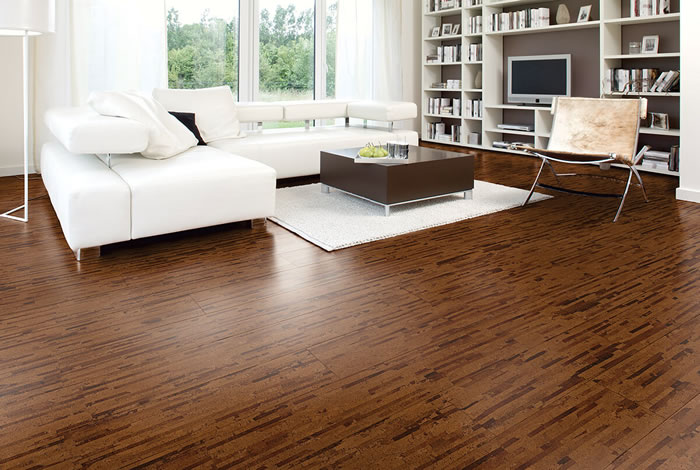For individuals or families dealing with allergies, selecting the right flooring is crucial for maintaining a healthy indoor environment. Hardwood flooring emerges as an ideal solution due to several key advantages that directly benefit allergy sufferers.

Non-Allergenic Surface: One of the primary advantages of hardwood floors is their non-allergenic nature. Unlike carpets that can trap dust mites, pet dander, pollen, and mold, hardwood surfaces remain smooth and do not harbor these allergens. This makes it easier to clean and prevents the accumulation of particles that can trigger allergic reactions.
Easy Maintenance: Keeping hardwood floors clean is straightforward and effective in managing allergens. Regular sweeping to remove dust and debris, along with occasional damp mopping, is usually sufficient. This minimal maintenance routine significantly reduces the presence of allergens compared to carpets, which require more intensive cleaning to maintain indoor air quality.
Improved Air Quality: Hardwood floors contribute positively to indoor air quality by minimizing the presence of airborne allergens. Unlike carpets that release particles into the air when disturbed, hardwood floors retain cleanliness and reduce the overall allergen load in the home environment. This characteristic is especially beneficial for allergy sufferers who are sensitive to airborne particles.
Durability: Another notable advantage of hardwood flooring is its durability. Once installed, hardwood floors can last for decades with proper care. This longevity not only provides a stable and allergen-free surface but also reduces the need for frequent floor replacements that may introduce new allergens into the home.
Comparison with Other Flooring Options
Carpet: Carpets have a high potential for harboring allergens such as dust mites, pet dander, and pollen within their fibers. Despite regular cleaning efforts, carpets can retain allergens, impacting indoor air quality and exacerbating allergy symptoms.
Laminate: Laminate flooring offers a hard surface that does not trap allergens, similar to hardwood. It requires simple maintenance and is a viable alternative for allergy sufferers looking for easy-to-clean flooring options.
Tile: Ceramic and porcelain tiles have non-porous surfaces that do not trap allergens, making them another excellent choice for allergy-friendly flooring. However, attention to grout lines is necessary as they can accumulate dust and require periodic cleaning.
Vinyl: Vinyl flooring is non-porous and easy to clean, making it a low-allergen option suitable for allergy sufferers. Choosing low-VOC products further enhances indoor air quality.
Cork: Naturally hypoallergenic, cork flooring resists mold and mildew, contributing to better indoor air quality. Regular cleaning is essential to maintain its allergy-friendly properties.
Hardwood flooring stands out as an excellent choice for allergy sufferers due to its non-allergenic surface, easy maintenance, and positive impact on indoor air quality. While other flooring options such as laminate, tile, vinyl, and cork also offer allergy-friendly benefits, hardwood’s durability and timeless appeal make it a top contender for creating a healthier home environment. When considering flooring options, prioritize those that minimize allergen accumulation and contribute to better indoor air quality, ultimately supporting a more comfortable living space for allergy-sensitive individuals.